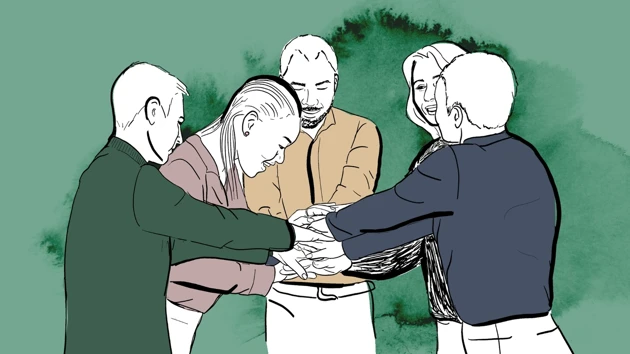Sometimes you have personal responsibility
As a researcher and a government employee, you are personally responsible for not disclosing information classified as secret and for complying with ethical approvals, permits for animal experiments and so forth. Violation of these requirements may lead to disciplinary actions or complaints filed with the police. The following are examples of areas in which you have personal responsibility.
You are responsible for adhering to good research practice
As per the Act on Responsibility for Good Research Practice and the Examination of Research Misconduct, you are responsible for following good research practice. If you are found guilty of research misconduct or other deviations from good research practice, the University must react, such as by taking measures allowed by labour law or training measures. In serious cases, the matter may be referred to the public prosecutor.
Read more about reporting misconduct in research
You are responsible for obtaining ethical review approval
You are responsible for conducting your research in accordance with the Ethical Review Act. Apply for or supplement ethical review approval as needed. Researchers who, intentionally or due to gross negligence, conduct research without an ethical review approval, deviate from their ethical review approval, or who do not comply with the conditions of their ethical review approval may face fines or prison.
Umeå University, as the authority accountable for the research, is to take measures to prevent research covered by the Ethical Review Act from being conducted without approval or in violation of the conditions specified by an approval.
Read more about ethical review
Responsibility as defined in ethical permits for research on laboratory animals
Conducting research involving animal experiments requires ethical approval. Researchers who, intentionally or due to gross negligence, conduct animal experiments without an ethical approval, deviate from their ethical review approval, or who do not comply with the conditions of their ethical approval may face fines or prison.
Read more about research on laboratory animals
Professional secrecy for information classified as secret
Professional secrecy means that it is a criminal offense to disclose information classified as secret to a third-party, regardless of whether this is done orally, through the release of a public document or in some other way. An individual who needs information classified as secret to fulfil their duties at Umeå University may access it. Individuals who may need to access information classified as secret could include the department’s archive coordinator or a lawyer who is assisting you in a secrecy examination.
Breach of professional secrecy
If you breach professional secrecy, you could face disciplinary measures or be reported to the police. Professional secrecy applies to employees of the University, but also to others who participate in the University’s organisations on other yet similar basis and are under the University Management, for example certain consultants and individuals on placement. You are bound by professional secrecy even after you have left your job or assignment.
Find out more about secrecy and professional secrecy when you research
Find out more about secrecy and professional secrecy on Aktum (UMU ID required)
Find out more about secrecy for research data
Find out more about sharing research data in collaborations
Find out more about releasing official documents on Aktum (UMU ID required)


